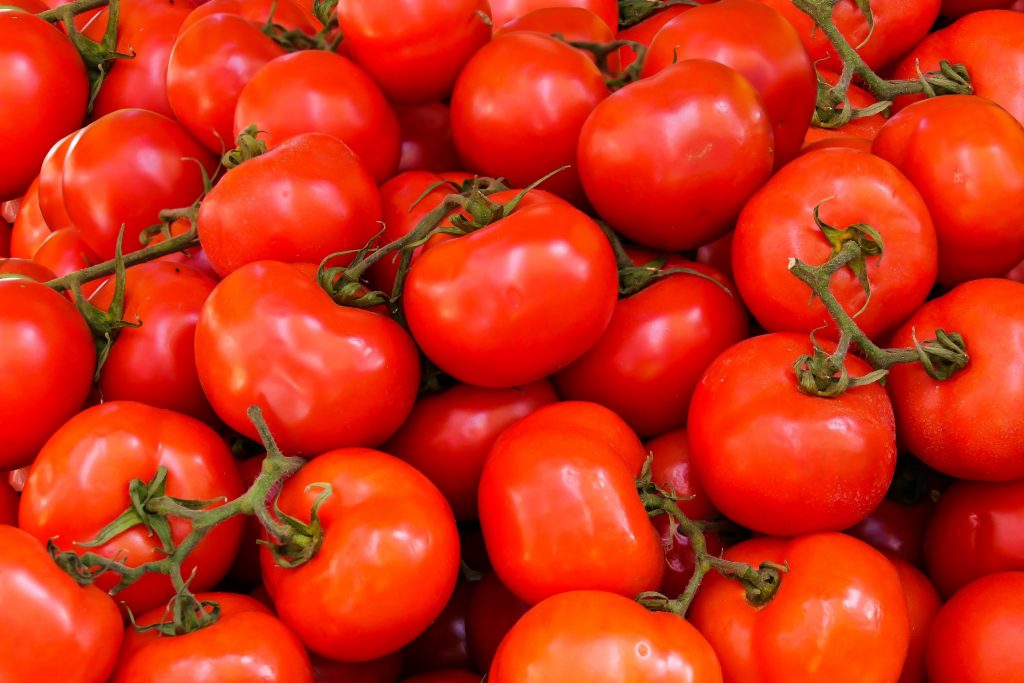Dietitians Say There Is No Scientific Evidence that MSG Is Bad for You – and How You Are Yet Again Being Deceived by the Big Food Industry
Here’s yet another example of a junk article based on junk science, with facts omitted and presented to the public as credible.
By now you know I’m not a dietitian, so I don’t have to back this nonsense.

What is MSG?
MSG (monosodium glutamate) is a food additive used to make food taste better. (If one is using quality, whole food ingredients, why would we need to add something to it to make it taste better? But I digress.)
MSG has been controversial for decades in the food industry. The FDA has declared it GRAS (generally recognized as safe), however, some consumers indicate very clear neurological side effects from consuming it, to the point where they know they’ve consumed it before the confirm it was added to their food.
The food processing industry has a colossal reliance on MSG as an ingredient because it makes stripped, processed, nutrient devoid food taste amazing – sometimes even addictive. Most processed foods contain MSG in some form. Consumers know to avoid “MSG” on the label and so food processors have gotten sneaky about hiding it in their ingredient lists. Foods that contain MSG but not in the powdered form are not required to have this on their labels. (Yeast extract or autolyzed yeast? Whey protein anything? Caseinate? Soy protein or sauce? Anything enzymes? Alllllllll codewords.) Click here for a full list of hidden MSG ingredients.
The reliance on MSG within the food processing industry begs us to ask a question posed by the headline of the junk article – just because no scientific evidence of harm exists at this moment, does that mean the research has been done to effectively determine this? Who would pay for this research? Certainly not the food processing industry!
Why is MSG Different than Glutamate?
We do consume some naturally occurring glutamate in real foods like ripe tomatoes, seaweeds, fermented foods, and aged cheeses; that’s why these foods are so savory. So why are these foods not questioned, while controversy rages over MSG?

Quite simply, when we eat glutamate, it is locked up in chains of proteins that the body needs time to break down before releasing for systemic use. Meanwhile, MSG’s molecular structure is different than naturally occurring glutamate and releases its free form glutamate pretty quickly into the bloodstream after consumption.
This free-form glutamate from MSG goes to cell receptors throughout the body, but here most notably, those in the brain. Why do we care? Glutamate is an “excitatory” neurotransmitter – it is stimulating, and too much in the brain can cause neurological inflammation and even death of neurons. So we can see how flooding the body, particularly the brain, with a large amount at once can be problematic.
In the 1960s, mouse studies suggested that MSG could contribute to brain lesions, but these studies are not often referenced today as part of the discussion.
To be clear, we do require some glutamate to function, but it needs to be balanced with GABA, the countering calming neurotransmitter. Some people, especially those struggling with anxiety, may not have enough GABA, which can leave them even more susceptible to the effects of floods of excess glutamate.
So, now that you have more information to fill in the gaps this “article” left out, what do you think? Is MSG bad for you even though no recent studies have been done definitively concluding that it’s not? Is MSG something you would be interested in actively avoiding?
References
Bruess, E. (2020). Dietitians say there is no scientific evidence that MSG is bad for you and is actually found in everything from tomatoes to instant noodles. Retrieved from https://www.businessinsider.in/science/health/news/food-scientists-say-theres-no-evidence-that-msg-is-bad-for-you-and-it-is-safe-to-consume/articleshow/78708938.cms
Food & Drug Administration. (2021). Questions and answers on monosodium glutamate (MSG). Retrieved from https://www.fda.gov/food/food-additives-petitions/questions-and-answers-monosodium-glutamate-msg
Truth in Labeling. (n.d.). Ingredient names used to hide manufactured free glutamate (MfG). Retrieved from https://www.truthinlabeling.org/hiddensources.html
Truth in Labeling. (n.d.). MSG and brain damage. Retrieved from https://www.truthinlabeling.org/brain.html

Hi Amy. Good to see another ‘truth’ article about MSG. After much research and realising that since the 1970s I’ve been addicted to this chemical and have experienced side effects that have dogged me for most of my life, I finally found all the hidden names for MSG and am now on the road to recovery. I make it one of my daily routines; to tell others about the dangers of consuming MSG and have written some ‘info’ comics that are proving popular. There are three comics in all.
https://kreskafiction.wixsite.com/artificial/msg-part-one